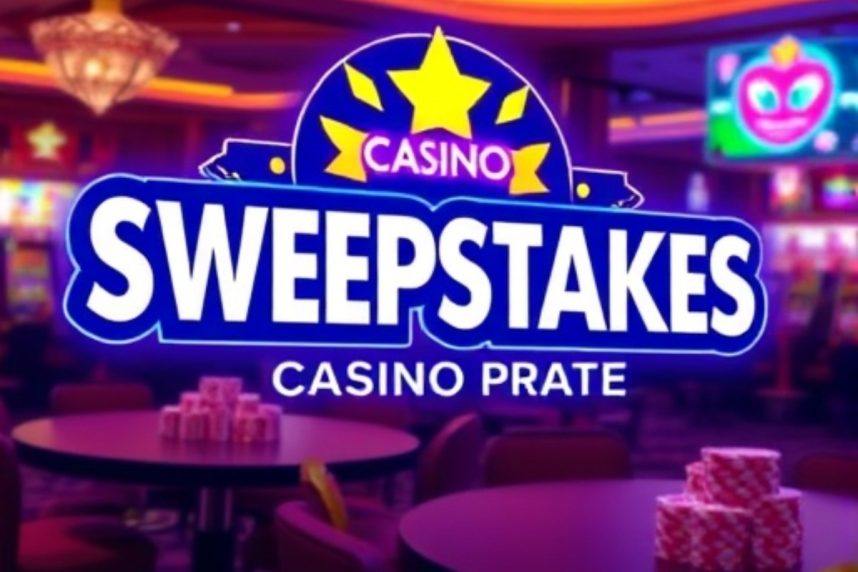
Washington Post Investigation Exposes Sweepstakes Casino Concerns as Regulated Gaming Industry Pushes for iGaming
Online "sweepstakes" casinos are facing increased scrutiny due to their controversial operating model and lack of consumer protections. A recent Washington Post investigation by Rick Maese highlights growing concerns about these platforms.
Sweepstakes casinos operate by offering free coins initially, then encouraging players to purchase additional digital currency that can be used to win real money. While claiming to be social gaming platforms, these sites effectively function as unregulated gambling operations.

Two poker rooms with gaming tables
Key findings from the investigation:
- Americans spent nearly $6 billion on sweeps casinos in 2023, with projections doubling for 2024
- These platforms operate from offshore locations like Malta and Curacao
- Major celebrities and brands endorse these products despite regulatory concerns
- Multiple states have issued cease-and-desist letters to popular platforms like Chumba Casino and LuckyLand Slots
The investigation documented cases of problem gambling, including a St. Louis resident who lost nearly $100,000 on these platforms within a year.
Currently, regulated iGaming is only legal in seven U.S. states:
- Connecticut
- Delaware
- Michigan
- New Jersey
- Pennsylvania
- Rhode Island
- West Virginia
The Sports Betting Alliance (SBA), representing major regulated operators, advocates for expanded legal iGaming to combat unregulated offshore platforms. They argue that a regulated marketplace would provide consumer protections and generate tax revenue for states while reducing the influence of offshore operators.
Industry experts suggest that expanding regulated iGaming could effectively combat these controversial sweepstakes platforms while ensuring proper consumer protections and responsible gambling measures.
Related Articles
![Is Online Gambling Legal in Texas? [2024 Law Guide]](/api/files/image/cm6815uuq002kuz8vcz1293f7/thumbnail.jpg)
Is Online Gambling Legal in Texas? [2024 Law Guide]

